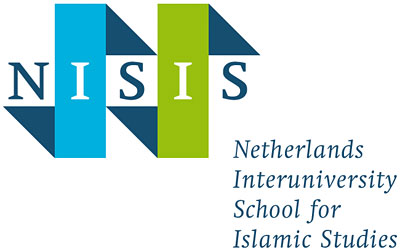Agenda
Call for Papers – Autumn School 2023: ‘ The Qur’an and Its Interpretive Communities’
The Qur’an and Its Interpretive Communities
The significance of the Qur’an extends far beyond the confines of Islamic theological circles. Its study continues to engross, firstly, the research of academic scholars focussing on early Islam and their attempts to trace the impact of other religions on its origins, the contextual factors influencing its contents and the timing of its collection. This academic community often takes a strongly philological approach, thus arguably forming their own interpretive community. Secondly, other academics focus on contemporary interpretations of the Quran, including the ways “ordinary” Muslims have acted as an interpretive community by interacting with the Qur’an in their daily lives. This can entail reading or studying it, but the Qur’an may also feature prominently in rituals and have affective meaning to its users, influencing their lives in various ways. Thirdly, still others focus on how learned Muslims have interpreted and re-interpreted the age-old text of the Qur’an to suit their specific needs, the demands of their time, the wishes of a ruler, their personal views on doctrine or a host of other factors. This study of a scholarly or intellectual ‘interpretive community’ is mostly practiced by academics working in theology, religious studies or Islamic studies.
The different disciplinary approaches to the Qur’an in the world of academia should not obscure that Islam’s holy book is also a controversial text, whose contents are not only of great importance to Muslims, but often also of great concern to non-Muslims. Assumptions that the Qur’an is a hate-filled book with a hostile message to adherents of other faiths, women or less pious believers (to name but a few categories) are present among politicians, pundits, the general public and even academics. While such views may frequently be ill-informed or expressed with polemical intent, they nevertheless have an impact on how societies view the Qur’an and, by extention, Islam. This has rendered the Qur’an a sensitive, politicised and socially relevant status. It has resulted in a desire on the part of politicians to monitor the multiple interpretations of the Qur’an and to ‘police Qur’anic hermeneutics’ (Hernandez Aguilar 2020). This, in turn, underlines the need for an academic focus on a fourth interpretive community, namely teachers of the Qur’an (imams, shaykhs, etc.), who have to mediate the words, meanings and messages of this book to their audiences.
This Autumn School, organised by the Netherlands Interuniversity School for Islamic Studies (NISIS), focusses on all four of these interpretive communities by tackling the study of the origins of the Qur’an, its daily use by Muslims, its exegesis and its mediation by imams and other teachers, as well as the interplay and tensions between these four communities. As such, it seeks to provide insight into the study and use of the Qur’an and its interpretive communities to RMA-students and PhD-candidates working on the Qur’an from a variety of academic disciplines.
EXTENDED DEADLINE (!): Please register by Sunday September 24th 2023 using this link.
Preliminary Programme NISIS Autumn School, “The Qur’an and Its Interpretive Communities”, VU, 23-26 October 2023
Monday 23 October: Scholarly Interpretive Communities
Tuesday 24 October: The Origins of the Qur’an
Excursion in Amsterdam in the afternoon.
Wednesday 25 October: Contemporary Muslim Interpretive Communities
Thursday 26 October: Teaching and Monitoring the Qur’an and Its Interpretive Communities
Confirmed speakers:
- Johanna Pink (Freiburg)
- Yusuf Celik (VU)
- Carmen Becker (Hannover)
- Welmoet Boender (VU)
- Fatima Cavis (Kirchliche Pädagogische Hochschule Wien/Krems)
- Luis Manuel Hernández Aguilar (Europa-Universität Viadrina Frankfurt (Oder))
- Marijn van Putten (Leiden University)


